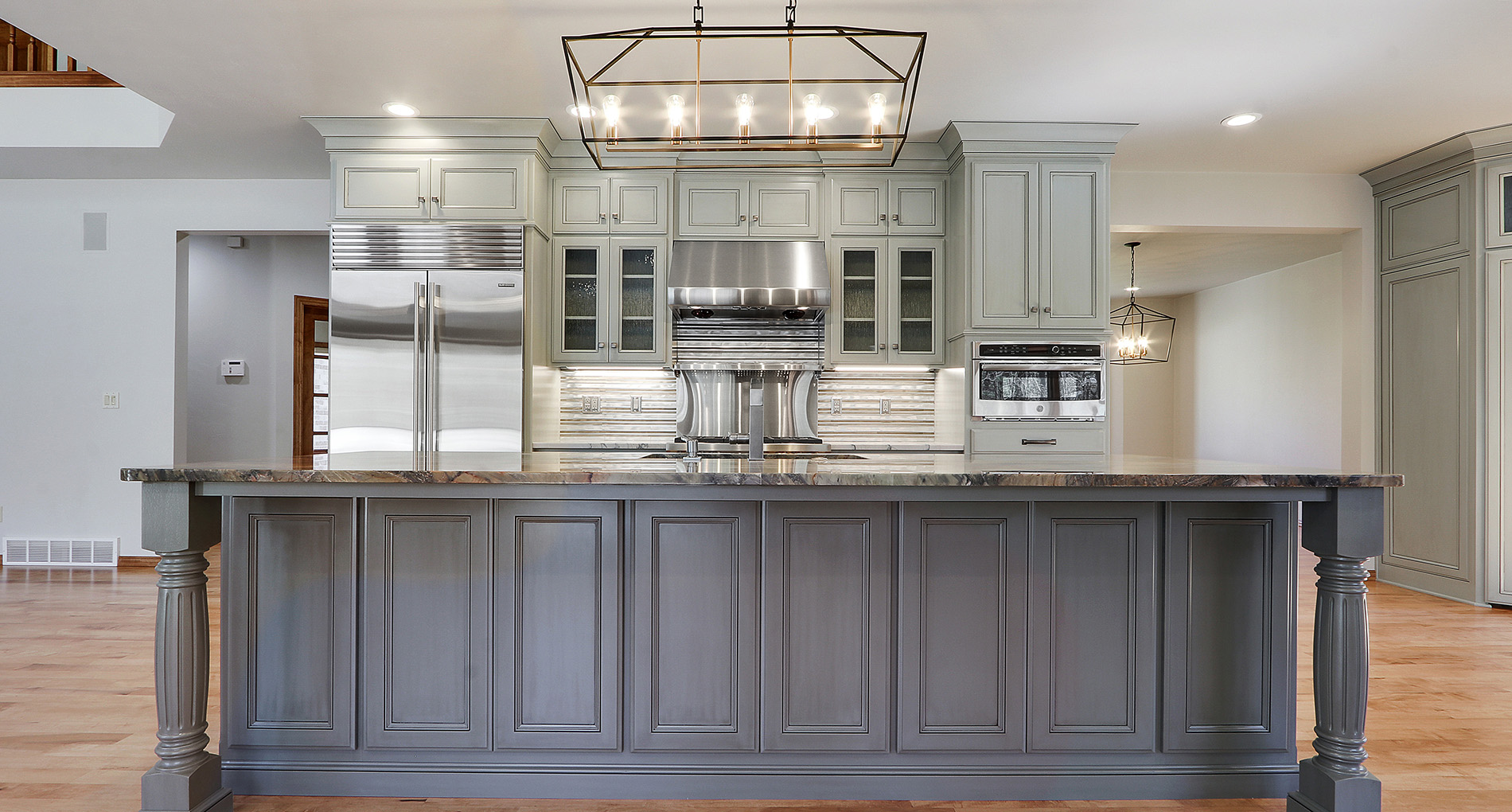Have you ever poured grease from a pan down your sink? Do you know how bad this can be for your plumbing system? Use the expert advice in this article for many more critical tips and tricks that you need to know in regards to your home plumbing.
You always want to solder correctly, the biggest mistake most people make when soldering is failing to get the interior of the fitting and the exterior of the pipe clean and shiny. Polish these surfaces with a fine emery clot until bright. When soldering, never heat the pipe, but instead heat the fitting. Doing so allows the solder to be drawn into the fitting by capillary action.
Avoid frozen pipes this winter! Keep a small trickle of water dripping from faucets, and wrap your uninsulated pipes with foam or newspaper. If possible, keep the doors open between unheated and heated rooms. In an unheated area such as a garage or laundry room, keep a small heater next to the pipes. Remember to do this before the first cold snap hits.
To avoid having your outdoor faucets freeze up in the winter, detach all hoses before the first freeze. Also, close the shutoff valve that leads to the outdoor faucets, then turn on the outdoor faucets to let any remaining water in the lines drain. Once temperatures warm up in the spring, you can reverse the process.
Knowing all your different tools and how they are used will be a great help when you work on a plumbing job. Make sure to read all of your manuals, and use things such as the library and the internet to read up on do it yourself projects. Plan properly prior to beginning any type of repair, because fixing a mistake can cost a lot of money.
If you have bad water pressure in the shower, the showerhead might be clogged. Take a plastic baggie, fill it with regular vinegar, and tie it to the showerhead so that the showerhead is covered. Leave it overnight. In the morning, take the baggie off and use a small toothbrush to scrub away any mineral deposits.
If water is not coming to the dishwasher, you most likely have a blockage somewhere. You will need to turn off the water supply and remove the hose that leads to the dishwasher. After securing the hose, turn the water back on. See if it feeds into a bowl. If not, then you must find the block where it is at which may include removing more piping.
Keep an eye on the hoses for your dishwasher and washing machine. These hoses can leak and bulge, which can be a problem. Check them for signs of wear and tear and replace any hoses more than 10 years old. You’ll find that these hoses age well, but you have got to make sure they are doing the job they should.
Sometimes kitchen sinks can be clogged up due to a slow accumulation of solidified grease. One quick fix for this is to try pouring very hot grease down the sink, which will liquefy the grease clogging the drain and carry it down. Water won’t work, because grease will not dissolve in water.
If sewage is overflowing your toilet, then check the connection between your home’s sewage line and the city sewage line. If you can’t manage this blockage, a plumber can put a snake through to clear it out.
In conclusion, you now know how bad it is to put oil or grease down your drain. Even if you already knew that, you now know how important it is to avoid this and many other potential disastrous situations. Hopefully you can start using this advice today and have a well working plumbing system in your house.

